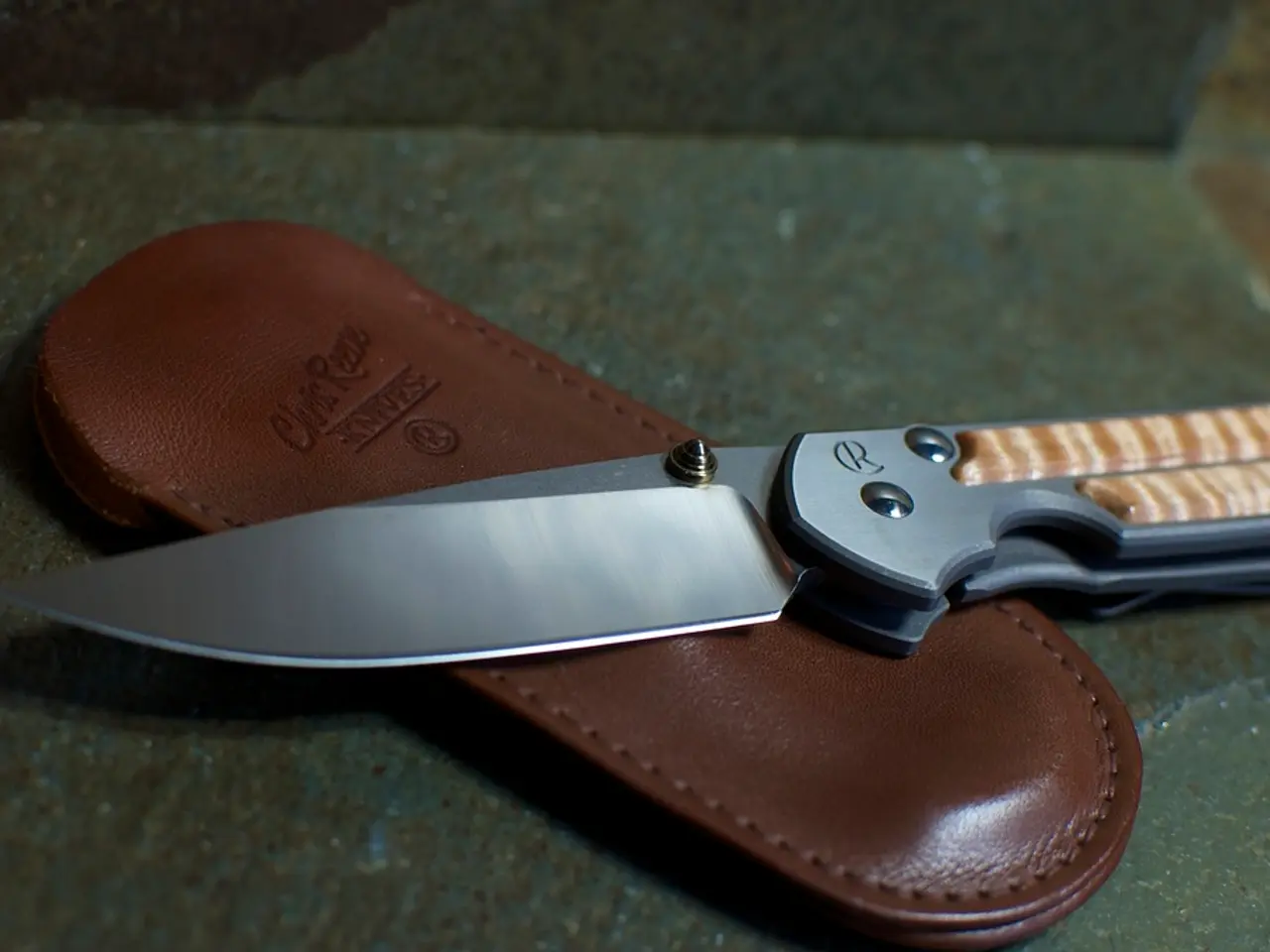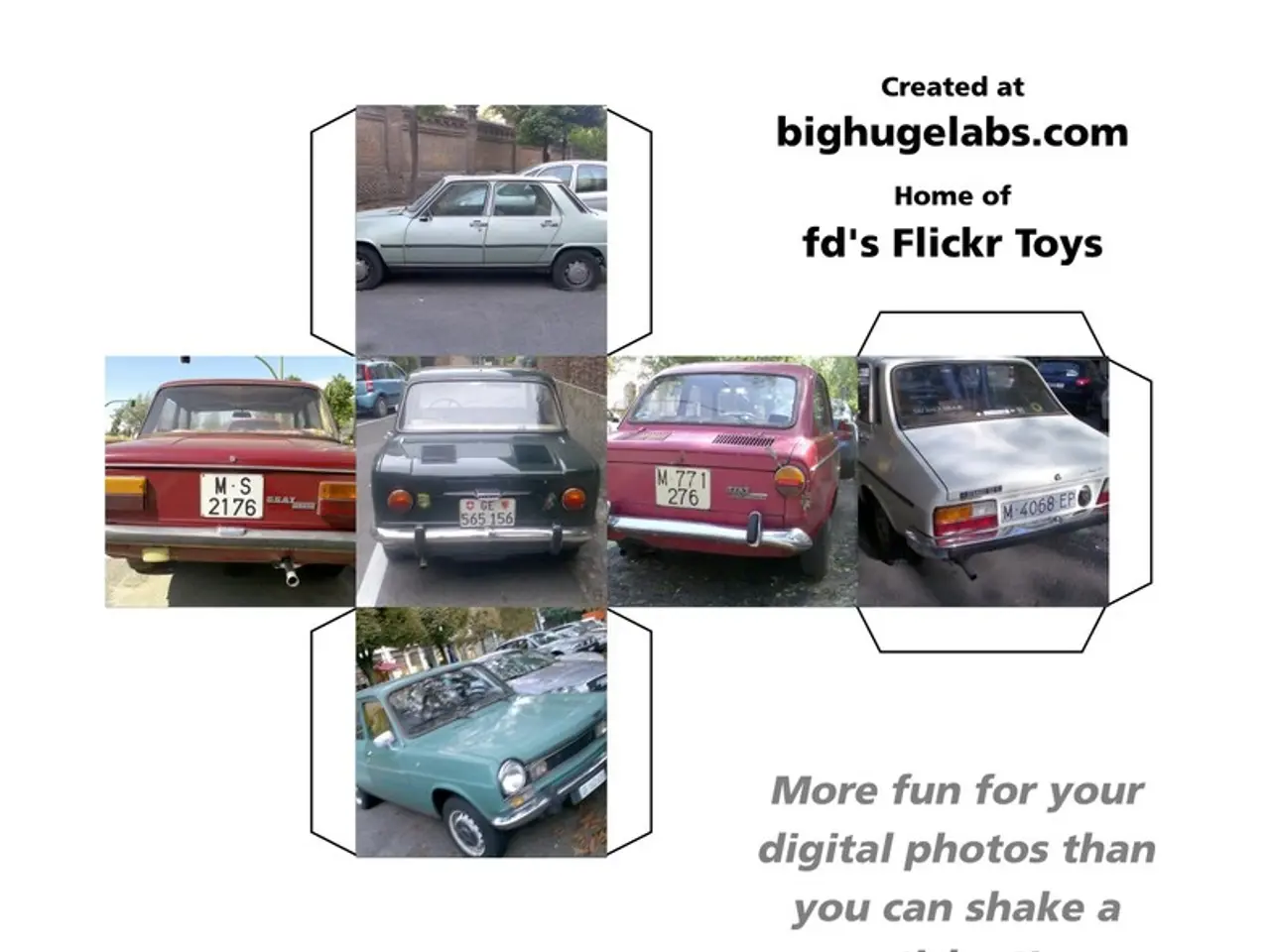Tightened Controls: Multitool Inclusion in German Firearms Legislation
In Germany, event technicians and tradesmen can carry multitools on their belts while commuting to work without violating weapon laws, provided these multitools are standard utility tools and not designed primarily as weapons [2][3]. The German Weapons Act restricts prohibited weapons such as firearms, explosive devices, ballistic knives, and other offensive weapons, but it does not prohibit carrying everyday multitools used for work purposes.
Multitools are generally recognized as practical tools rather than weapons. As long as the multitool does not contain blades or components classified as prohibited weapons (e.g., switchblades, ballistic knives), carrying them openly on the belt while commuting to or at the workplace is legal. Tradespeople and technicians regularly carry such tools for work-related tasks, and this is accepted under German laws governing weapon possession [2].
However, it is essential to ensure that the multitool is not a weaponized variant or a blade type specifically banned under the Weapons Act. For instance, multitools whose blades can be opened and locked with a single hand can be considered single-hand knives and are not allowed to be carried openly [2][3].
The jurisdiction of the matter can be problematic and depends on the respective authorities on the ground. It is safer to put the multitool in a toolbox or other closed container in public. Asking the responsible authorities for permission to carry the multitool on the way to work can help avoid unwanted encounters with the police.
The use of multitools is unproblematic at events, shows, or on construction sites. According to Section 42A Abs. 3 WaffG, a legitimate interest exists for carrying multitools when it is in conjunction with one's profession, cultivation of customs and traditions, sports, or a generally recognized purpose [2].
In Bavaria, the multitool can be carried if it is required for the pursuit of the profession and there is a temporal-spatial connection with the activity, such as pickup and return routes or trips to the customer [3].
It is important to note that multitools can fall under laws governing weapons due to their design. Paragraph 42A of the German Weapons law forbids items that look like real weapons, weapons for cutting and thrusting, single-hand knives, and fixed knives with a blade longer than 12 cm [2][3]. The German Police Union states that all types of single-hand knives, including multifunction knives, are subject to these restrictions [3].
In summary, tradesmen and event technicians can legally carry multitools on their belts en route to work in Germany, as long as those multitools comply with the German Weapons Act and are not classified as prohibited weapons [2][3]. However, it is always best to consult local regulations or seek legal advice to ensure compliance with the law in specific situations.
Sports professionals may find carrying multitools beneficial for various tasks, given their acceptance for work, custom, tradition, sports, or recognized purposes according to Section 42A Abs. 3 WaffG [2]. However, it's crucial to note that specific multitool designs, such as single-hand knives or fixed knives with blades longer than 12 cm, may be prohibited due to their similarities with weapons, as per paragraph 42A of the German Weapons law [2][3].








